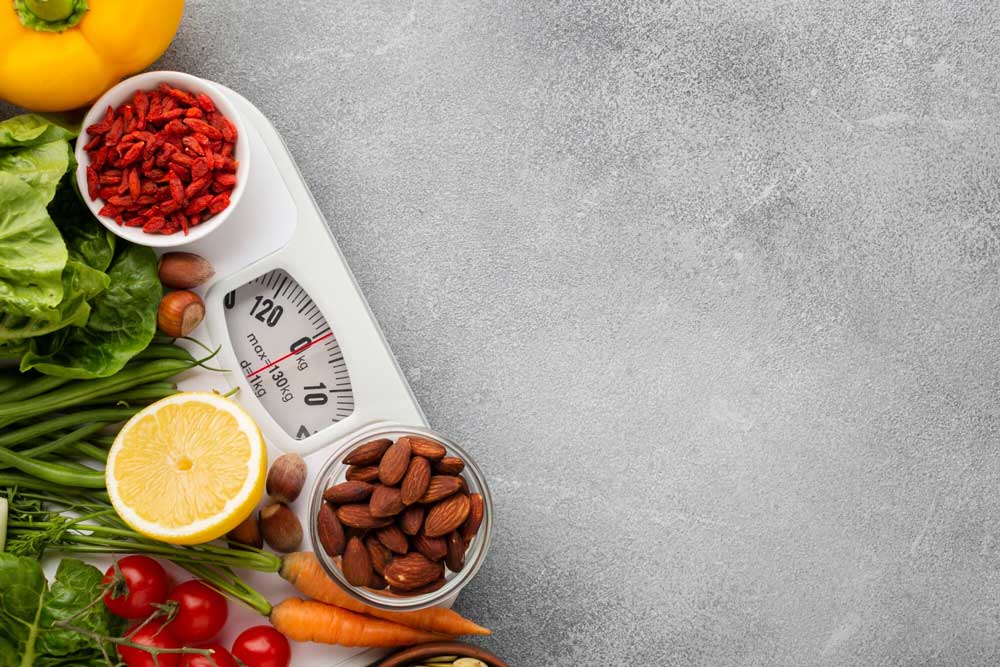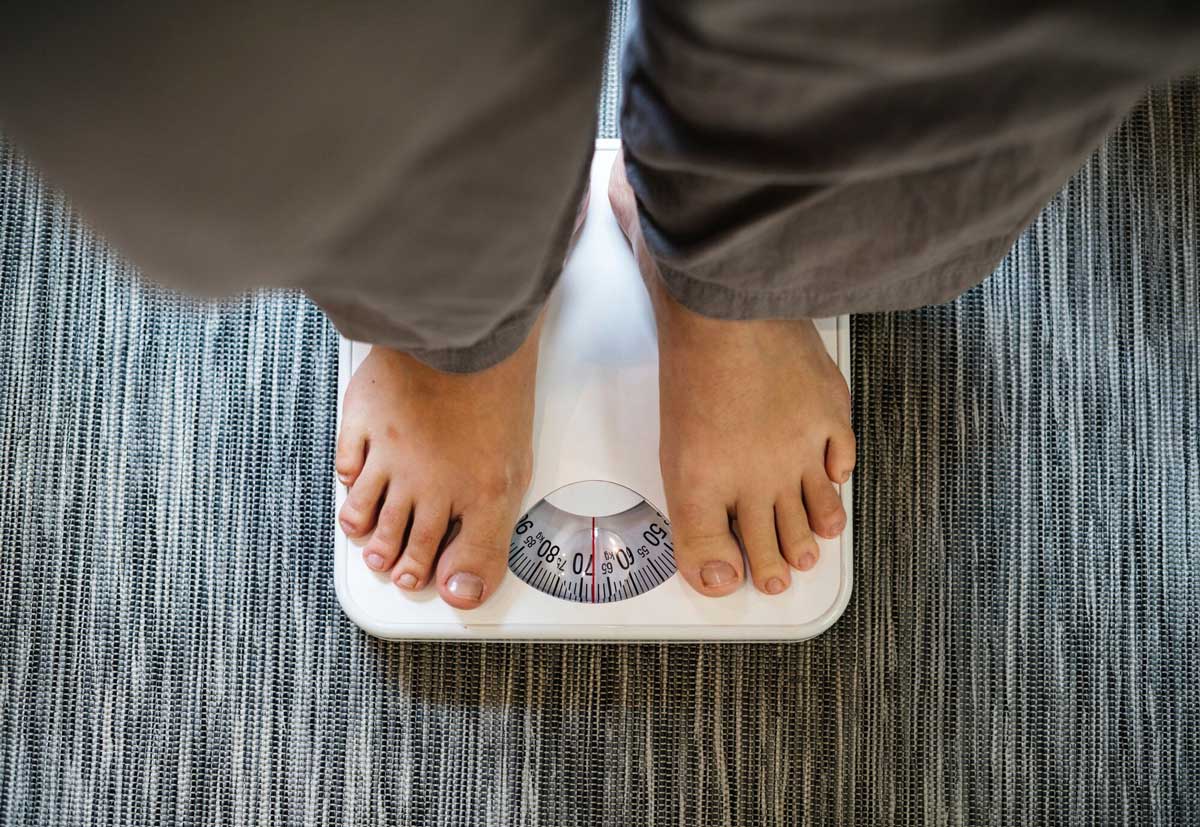Did you know that 95% of diets fail, and most people regain their lost weight within 1-5 years? Yikes! But don’t worry, I’ve got your back. Losing weight permanently isn’t just about quick fixes or fad diets – it’s about making sustainable lifestyle changes that stick. In this comprehensive guide, we’ll explore proven strategies to help you shed those pounds and keep them off for good. Get ready to transform your life and achieve lasting weight loss success!
Understanding the Science of Permanent Weight Loss
When it comes to achieving lasting weight loss, it’s crucial to understand the underlying science. Let’s start by exploring the concept of energy balance and metabolism. Simply put, weight loss occurs when you burn more calories than you consume. However, it’s not just about counting calories; your metabolism plays a significant role in how efficiently your body burns energy.
But that’s not the whole story. Hormones also play a vital part in weight management. For instance, leptin and ghrelin regulate hunger and fullness, while insulin affects how your body stores and uses energy. Understanding these hormonal influences can help you make more informed decisions about your diet and lifestyle.
It’s important to note that sustainable habits are far more effective than crash diets. While crash diets might lead to rapid weight loss, they’re often difficult to maintain and can even harm your metabolism in the long run. Instead, focus on developing habits you can stick with for life.
Creating a Balanced and Nutritious Diet Plan
Now that we understand the science, let’s talk about creating a balanced diet plan. The key is to emphasize whole foods and nutrient density. This means choosing foods that provide a high amount of nutrients relative to their calorie content. Think vegetables, fruits, lean proteins, and whole grains.
Portion control and mindful eating techniques are also crucial. It’s not just about what you eat, but how much and how you eat it. Try using smaller plates, eating slowly, and paying attention to your body’s hunger and fullness cues.
Meal planning and preparation can be game-changers in your weight loss journey. By planning your meals in advance, you’re less likely to make impulsive food choices and more likely to stick to your nutritious diet.
Incorporating Effective Exercise Routines
Exercise is a vital component of any weight loss plan. It’s important to include both cardio and strength training in your routine. Cardio helps burn calories and improve cardiovascular health, while strength training builds muscle, which can boost your metabolism.
High-Intensity Interval Training (HIIT) has gained popularity for its efficiency in burning calories and improving fitness. It involves short bursts of intense exercise followed by periods of rest or lower-intensity activity.
Remember, the best exercise routine is one you enjoy and can stick with long-term. Whether it’s dancing, hiking, swimming, or playing a sport, find activities that you look forward to doing regularly.

Developing Healthy Lifestyle Habits
Weight loss isn’t just about diet and exercise; other lifestyle factors play a significant role too. Quality sleep is often overlooked but is crucial for weight management. Lack of sleep can disrupt hormones that regulate hunger and fullness, leading to overeating.
Stress reduction is another important aspect. Chronic stress can lead to weight gain through various mechanisms, including increased cortisol production. Try incorporating stress-reduction techniques like meditation, yoga, or deep breathing exercises into your daily routine.
Don’t forget about hydration! Drinking enough water can support your weight loss efforts by helping you feel full, boosting your metabolism, and supporting various bodily functions.
Overcoming Common Weight Loss Obstacles
One common obstacle in weight loss journeys is emotional eating. It’s important to develop coping strategies that don’t involve food. This might include talking to a friend, going for a walk, or engaging in a hobby you enjoy.
Navigating social situations and dining out can also be challenging. Plan ahead by looking at menus in advance, choosing restaurants with healthier options, and don’t be afraid to make special requests.
Weight loss plateaus are normal and can be frustrating. Stay motivated by celebrating non-scale victories, like increased energy or better-fitting clothes. Remember, progress isn’t always linear.

Maintaining Weight Loss for the Long Term
Maintaining weight loss is often harder than losing it in the first place. Regular self-monitoring and tracking can help you stay on course. This doesn’t mean obsessing over the scale, but rather keeping a general awareness of your habits and making adjustments as needed.
Adapting to your new lifestyle is key. This might involve finding new ways to socialize that don’t revolve around food, or developing new hobbies that support your healthier lifestyle.
Finally, don’t underestimate the power of a support system. Whether it’s friends, family, or a support group, having people who encourage and motivate you can make a world of difference in maintaining your weight loss long-term.
Conclusion
Congratulations! You’re now equipped with the knowledge and strategies to embark on your permanent weight loss journey. Remember, this isn’t about quick fixes or deprivation – it’s about creating a sustainable, healthy lifestyle that you can maintain for years to come. By focusing on balanced nutrition, regular exercise, and positive habits, you’ll not only lose weight but also improve your overall health and well-being. So, are you ready to take the first step towards a healthier, happier you? Let’s do this together – your future self will thank you!





